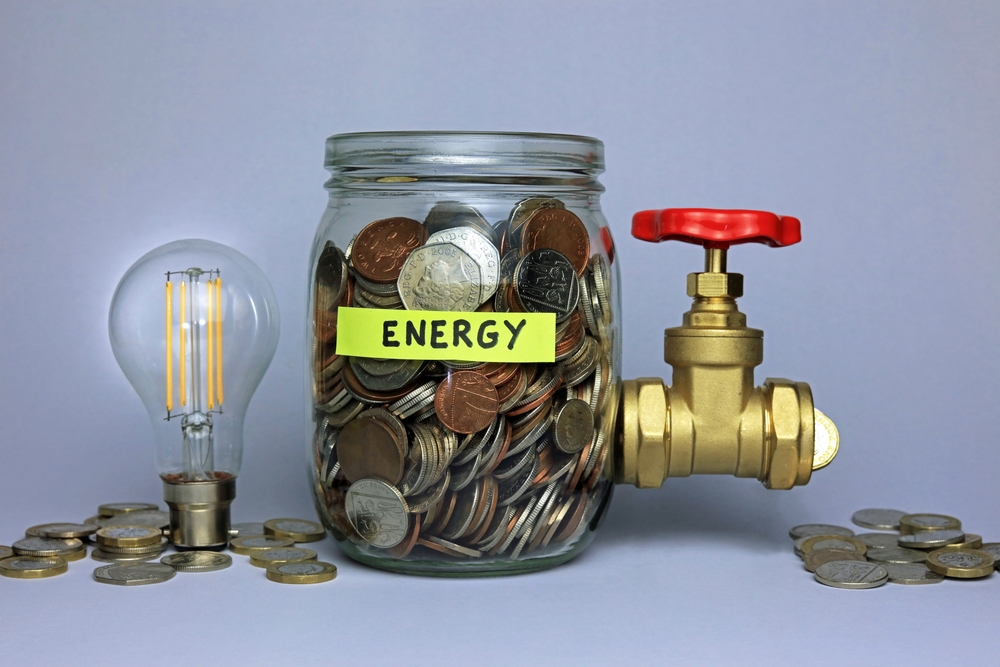Household Bills
End of Government support schemes will leave over 6 million households in fuel poverty

From tomorrow (1 July), two vital Government energy support schemes will come to an end with 6.6 million still remaining in fuel poverty, a charity has claimed.
New research compiled by National Energy Action (NEA) discovered that over 20 million households will no longer receive energy bill support. And almost a third will be left in fuel poverty.
The Government’s Energy Price Guarantee alongside the Energy Bills Support Scheme are set to be discontinued.
The Price Guarantee is to be replaced by energy regulator Ofgem’s price cap, which is a cap on unit price, not the total bill.
Ofgem’s cap is falling and the typical annual household bill will be £2,100 from 1 July, but this is still far higher than the average £1,271 a year found in October 2021.
The prices for a yearly energy bill reached £2,500 in April, leaving 7.5 million UK households in fuel poverty, the NEA revealed. Yet this would have been a lot higher if it were not for the price guarantee.
Support turned off
Energy Bills Support Scheme payments also end today. The support scheme allocated the £66 or £67 payments credited to energy bills or paid into a bank account over a period of six months from last October to March this year.
The total amount of £400 is around the same price typical energy bills will fall tomorrow. This means that there will be a negligible difference to customers’ total energy bill.
Many miss out on cost-of-living payments
The charity also said that despite cost-of-living payments being made by the Government, many of those in need miss out as they are not on qualifying benefits or not on benefits at all.
This includes those who are in severe debt, on low incomes or need to spend more on energy due to disability or home heating inefficiencies. Low income households that have seen a drop in income due to bereavement or those who were eligible for programmes such as the Warm Home Discount, no longer have access to energy rebates.
Government must do more
Adam Scorer, chief executive of National Energy Action (NEA), said: ‘Millions of vulnerable people miss out on cost-of-living payments as they aren’t on the right benefits or no benefits at all. These people need additional help but are being left to manage bills that are still on average over £1,000 per year more expensive compared to the start of the crisis. Domestic customers will again be paying for UK Government programmes through their energy bills.
“Many of these programmes can help reduce bills in the longer term and are vital for environmental or social reasons but are often being loaded onto higher standing charges, which we know impact low-income, low-usage households the hardest.”
He continued: “Treasury cannot continue to subsidise everyone’s bills, but there is an urgent case for using at least £3bn of under spent resources from recent programmes to help these very vulnerable groups.
“Without more support too many will continue to rack up unmanageable debts or try and survive in unheated homes causing ill health, misery and avoidable death.”